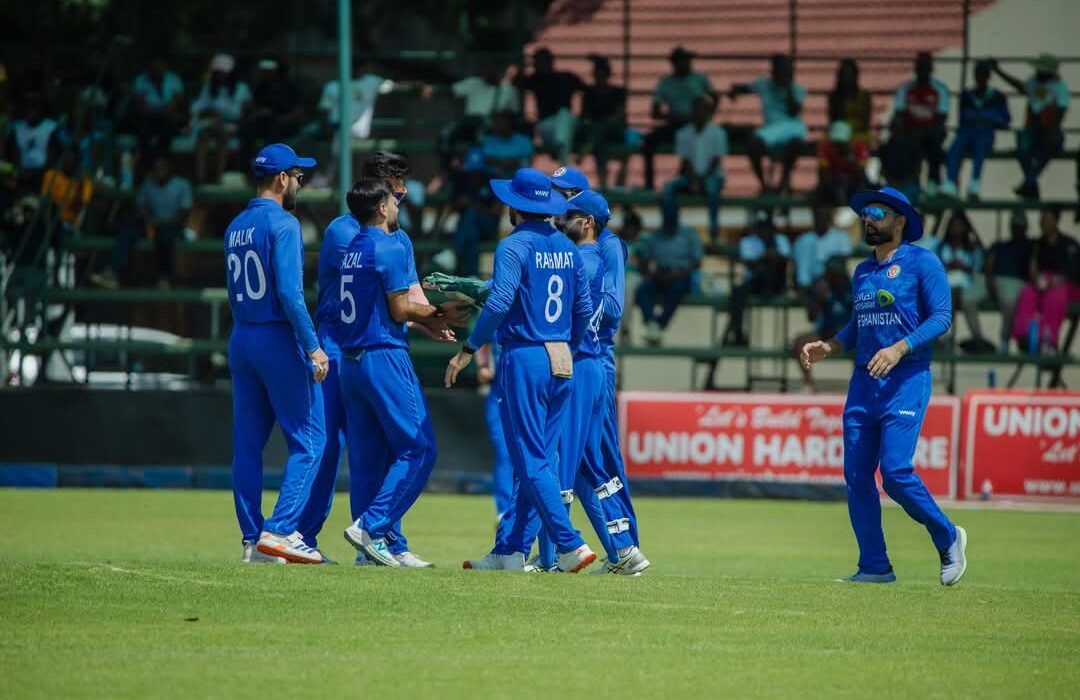The International Cricket Council (ICC) has no plans to ban Afghanistan’s men’s team from participating in the Champions Trophy, nor to demand that the Taliban reinstate a women’s cricket program, despite calls for action from politicians and activists, Sky News reported.
The ICC, which mandates Test-playing nations to support women’s cricket, faces criticism for allowing Afghanistan to compete even though the Taliban has banned women and girls from sports since retaking power in 2021. The global cricket body has argued that punishing Afghanistan’s male players for government policies would be unjust.
British Prime Minister Sir Keir Starmer has backed calls for the ICC to enforce its own rules. Downing Street’s intervention follows a letter signed by more than 160 UK MPs and peers urging the England and Wales Cricket Board (ECB) to boycott its upcoming match against Afghanistan at the ICC’s 50-over tournament.
South African Sports Minister Gayton McKenzie has also supported a boycott, citing parallels with racial discrimination in sports under Apartheid. However, Cricket South Africa said it would defer to the ICC’s regulations, adding that its position on Afghanistan must align with international tournament requirements.
The ICC has stated its intention to use cricket as a tool to influence change in Afghanistan rather than imposing punitive measures. An ICC spokesperson told Sky News, “We are committed to leveraging our influence constructively to support the Afghanistan Cricket Board in fostering cricket development and ensuring playing opportunities for both men and women in Afghanistan.”
The ICC established an Afghanistan Cricket Task Force, chaired by Deputy Chairman Imran Khwaja, to address the situation. The governing body has maintained Afghanistan’s full membership since 2017, despite the country’s lack of a women’s cricket program at the time, citing cultural and religious constraints.
In 2020, the Afghanistan Cricket Board awarded central contracts to 25 female players in a bid to form a team, but those plans were derailed when the Taliban seized control in 2021.
The ICC’s stance has drawn sharp criticism from Afghan women’s rights activists, including former national women’s football captain Khalida Popal. “The governing bodies are not showing leadership,” Popal told Sky News. “They have failed to take action. They have failed to stand by their own policies and statutes.”
Popal called for sports organizations to take a stand against the exclusion of Afghan women from sports, emphasizing that such discrimination should never be accepted.
The debate echoes similar challenges faced by FIFA, which continues to allow Afghanistan’s men’s football team to compete internationally while drawing criticism for not doing enough to restore women’s football in the country. FIFA President Gianni Infantino has acknowledged the limitations of addressing “political, social, and religious contexts” in some regions but pledged to “find solutions.”
The ECB and Cricket South Africa have condemned the Taliban’s treatment of women but are seeking a coordinated response from the ICC. For now, the ICC’s decision to keep Afghanistan in the Champions Trophy highlights the complexities of balancing sports governance with human rights advocacy in an increasingly politicized global arena.





